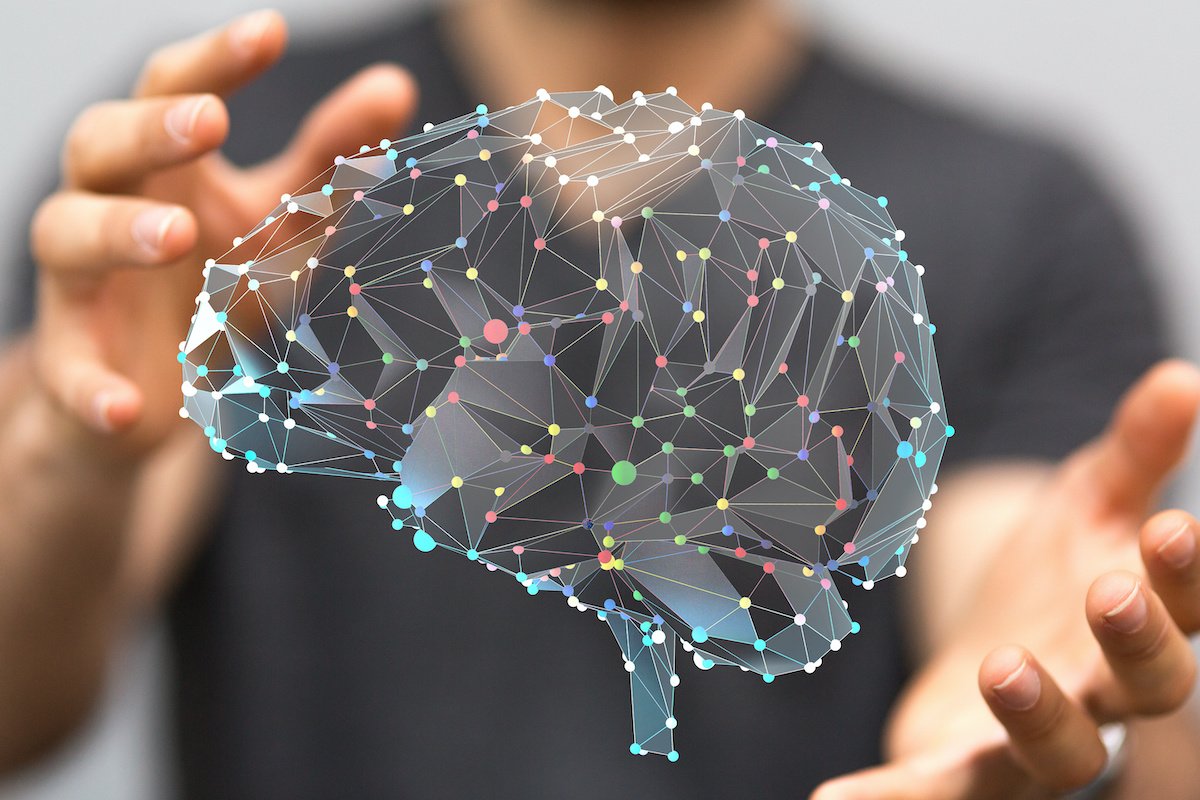
Cognitive decline is a natural and unfortunately inevitable part of the aging process. As we grow older, our brain stops growing, and our cognitive functions then decline progressively as we age. New studies, however, have brought to light some potential new and interesting findings; could hearing aids and brain function be linked?
Contents
Mild Cognitive Impairment
If you are concerned about increasing problems with your mental cognition, then you may be experiencing mild cognitive impairment (MCI).
MCI is mental impairment that is beyond what would normally be expected given your age. Possible indicators for MCI include forgetting things more often, forgetting important planned events or social engagements, or being unable to concentrate during conversations or reading a book.
People experiencing MCI can become overwhelmed when planning and accomplishing a task, find themselves forgetting their way in familiar areas, and making decisions that they wouldn’t normally make.
People with MCI might also be dealing with depression, irritability, and anxiety since the symptoms of MCI are very damaging.
The major risk factors for developing MCI are increasing age and having a genetic disposition for the condition. However, other factors can increase your likelihood for developing MCI including diabetes, smoking, high blood pressure, high cholesterol, obesity, depression, being physically inactive, education level, or social isolation.
The latter factor is an important one for people with hearing loss to consider, because the problems associated with hearing loss can cause people to avoid social situations where they have difficulty hearing and communicating. This social isolation can lead to symptoms of depression, anxiety, and often cognitive decline.
While this may seem like an easy point to start from when considering the connection between hearing aids and brain function, let’s take a closer look at the science and studies first.
Hearing Loss and Cognitive Decline

Evidence is mounting that hearing loss can increase your risk of and speed up the process of cognitive decline. One study demonstrated that individuals with hearing loss had rates of decline on mental health tests that were up to 41% greater than people with normal hearing.
People experiencing hearing loss had a 24% increased risk of experiencing cognitive function decline compared to people with normal hearing. The risk of cognitive decline was proportional to the severity of hearing loss; as the severity of hearing impairment went up, so did the risk of cognitive impairment. It appears that hearing loss may act to speed up declines in mental function.
In fact, hearing loss may increase your risk for developing dementia later in life, and the worse your hearing loss is, the greater the risk. In a study examining the link between hearing loss and dementia, the authors found that individuals with moderate hearing loss had three times the risk of developing dementia compared to individuals with normal hearing.
What’s the Mechanism Behind Hearing Loss-Related Cognitive Decline?
The exact mechanism behind the link between hearing loss and cognitive decline is not fully understood, and additional research is required. Some theories exist, however.
One theory is that hearing loss and cognitive decline are physiologically similar. So if you experience one condition, you’ll probably experience the other.
Another theory is that as hearing impaired individuals strain to hear, they are using more brain power. This strain to hear stresses the brain and diverts energy needed for normal functions such as maintenance and memory building; because the brain cannot perform routine tasks normally, cognitive decline results.
Another theory suggests that due to an under stimulation of the portions of the brain that process sound due to hearing loss, those portions of the brain experience atrophy which contributes to cognitive decline.
Finally, the mechanism behind hearing loss and cognitive decline may be social in nature. Hearing loss and associated impairment in communication may lead to social isolation and loneliness. It may be then be this lack of social engagement and communication that ultimately leads to a decline in cognitive abilities.
Can Hearing Aids Help Brain Functions?
No studies conducted to date have had a large enough sample size to determine if they can prevent or reverse cognitive decline brought on by hearing loss. However, some studies show promise.
In a study of 10,000 men, men who experienced severe hearing loss but were not using hearing aids had a 54 percent higher risk of developing cognitive impairment compared to men with normal hearing. Participants with severe hearing loss that did use a hearing aid also had a higher risk of cognitive decline than normal hearing men, but the risk was a much lower 37 percent.
It may be a while before a causal link between hearing aids and brain function is found, but in the meantime, we do know that there are multiple benefits to using hearing aids. Hearing aids enable hearing impaired people to hear and communicate with others, improving social connections and interactions.
Hearing aids can provide a lifeline for hearing loss sufferers to connect them back to society. Also, we do know that social involvement is important for maintaining mental health.
If you are experiencing hearing loss, don’t delay! Have your hearing checked by a licensed audiologist. Getting fitted for a hearing aid may help your mental and physical health in the long run.
The information in this guide has been written using the following reliable sources:
https://www.ncbi.nlm.nih.gov/pmc, https://www.mayoclinic.org, https://www.aarp.org, https://www.medicalnewstoday.com, https://www.sciencedirect.com, https://jamanetwork.com








